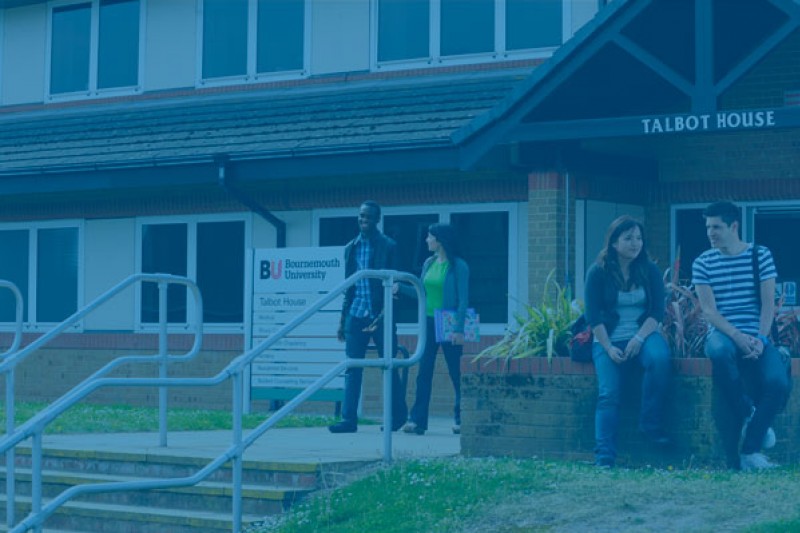What is an eating disorder?
An eating disorder is a mental health condition where you use the control of food to cope with feelings and other situations. Unhealthy eating behaviours may include eating too much or too little or worrying about your weight or body shape. Anyone can get an eating disorder, but teenagers between 13 and 17 are mostly affected. With treatment, most people can recover from an eating disorder.
The most common eating disorders are:
- Anorexia nervosa – trying to control your weight by not eating enough food, exercising too much, or doing both
- Bulimia – losing control over how much you eat and then taking drastic action to not put on weight
- Binge eating disorder (BED) – eating large portions of food until you feel uncomfortably full
Some eating disorders don’t exactly match the above list of symptoms, including ARFID (Avoidant/Restrictive Food Intake Disorder, Othorexia, OSFED (Other Specified Feeding or Eating Disorder) and T1DE (Type 1 Diabetes and Disordered Eating). For information about these and other types of eating disorders visit the Beat website.
You can get advice and support from the eating disorder charity Beat:
A GP or local NHS eating disorder team can also provide help and support.
More information
If you, or people around you, are worried that you have an unhealthy relationship with food, you could have an eating disorder.
Symptoms of eating disorders include:
- Spending a lot of time worrying about your weight and body shape
- Avoiding socialising when you think food will be involved
- Eating very little food
- Making yourself sick or taking laxatives after you eat
- Exercising too much
- Having very strict habits or routines around food
- Changes in your mood such as being withdrawn, anxious or depressed.
Support services
- Talk to your GP
- Beat - the Uk's eating disorder charity provides a range of support including: Studentline 0808 801 0811 and one-to-one web chat
- Dorset Eating Disorder Services
- FREEDFROMED
- Kooth app
- Preparing for uni – a guide for those recovering from an eating disorder.


